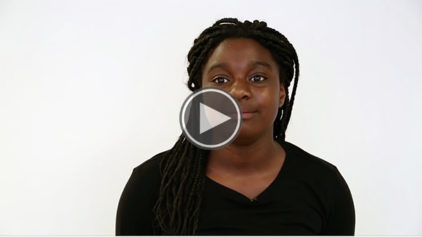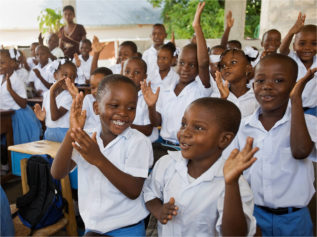Are you more interested in your child’s grade point average or his or her character and sense of personal responsibility?
Give yourself a big pat on the back if you answered character and responsibility! Children who grow up in a home where character and responsibility are modeled, valued, and enforced often have little trouble being successful in school and in their adult lives.
Even so, many parents find themselves in situations where the answer seems less than obvious. I recently had a call from a parent who was concerned about her teenager’s behavior. After some discussion, mom admitted the teen had stolen a credit card and purchased items through the Internet. However, mom’s major concern was about her daughter lying about the purchases, not the criminal behavior itself.
Several times the mother said, “I just don’t want her to have a record.” In desperation, I finally asked, “Are you saying you don’t mind that she is a criminal, as long as she doesn’t look like a criminal?”
“Well, no,” she replied. “But this is going to be so hard for her. What do I do?”
After spending more than 30 years as an educator and a parent, it was clear to me this mother needed to treat her teenager’s mistake as an opportunity for her daughter to learn how to face the consequences of her choices. While it will cause some short-term pain, the long-term benefits will be a stronger, healthier sense of personal responsibility, the foundation of a solid character.
Of course, it’s much easier to know what other parents should do about their misbehaving children. This mother is struggling with a trap many of us have fallen into. We love our children. When they are uncomfortable or hurting, we hurt even more. We want to protect them; it’s only natural. However, our attempts to save children from the consequences of their mistakes have a great deal to do with comforting ourselves, instead of solving the problem.
Mom has fallen into another trap. She has bought into the belief that a child’s self-concept is damaged when kids experience the consequences of their mistakes. Nothing could be further from reality. In fact, the opposite is true…
Read more: Jim Fay, Love and Logic


